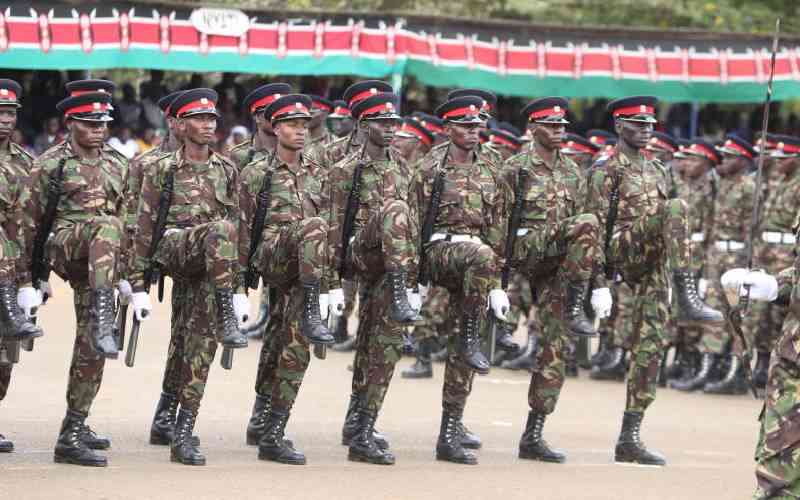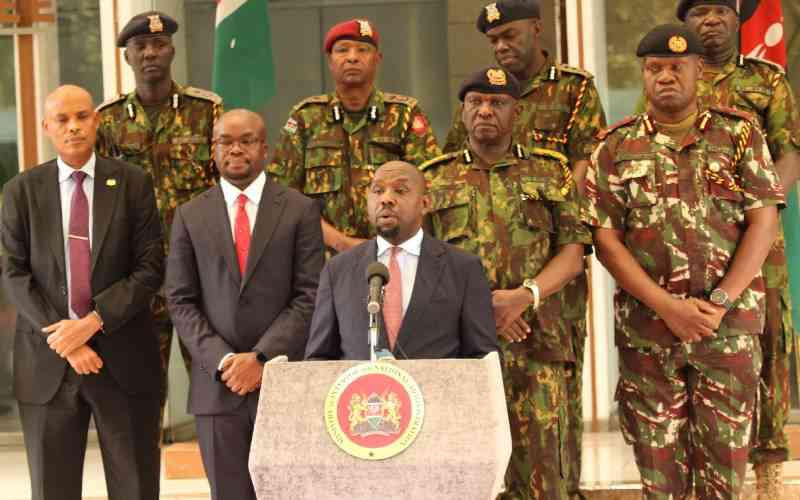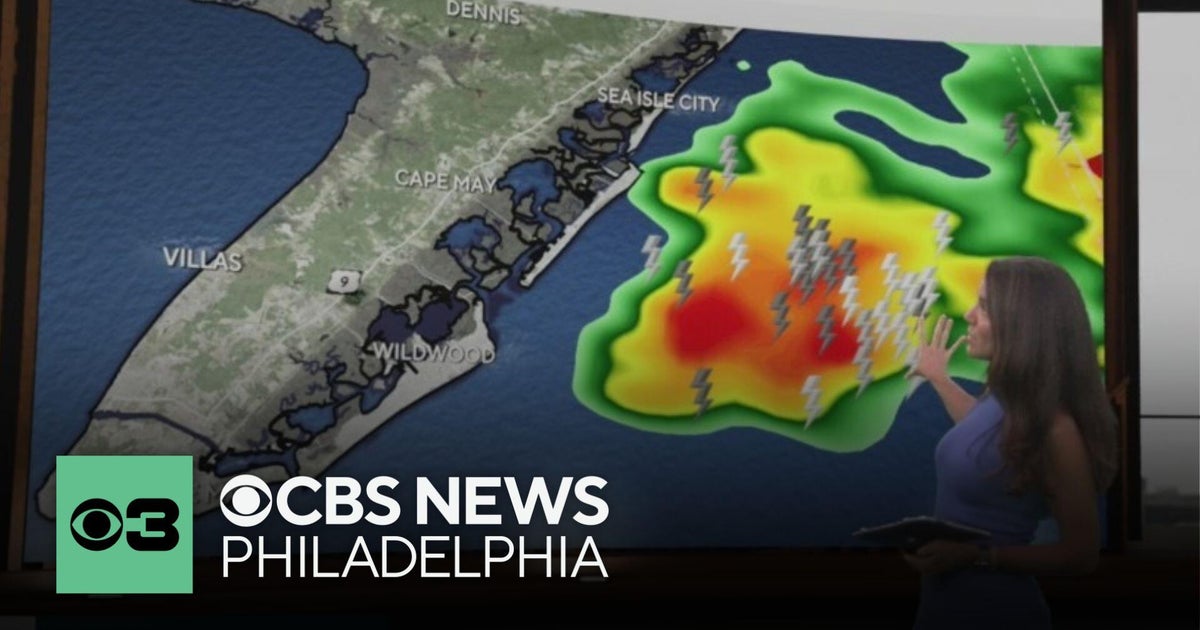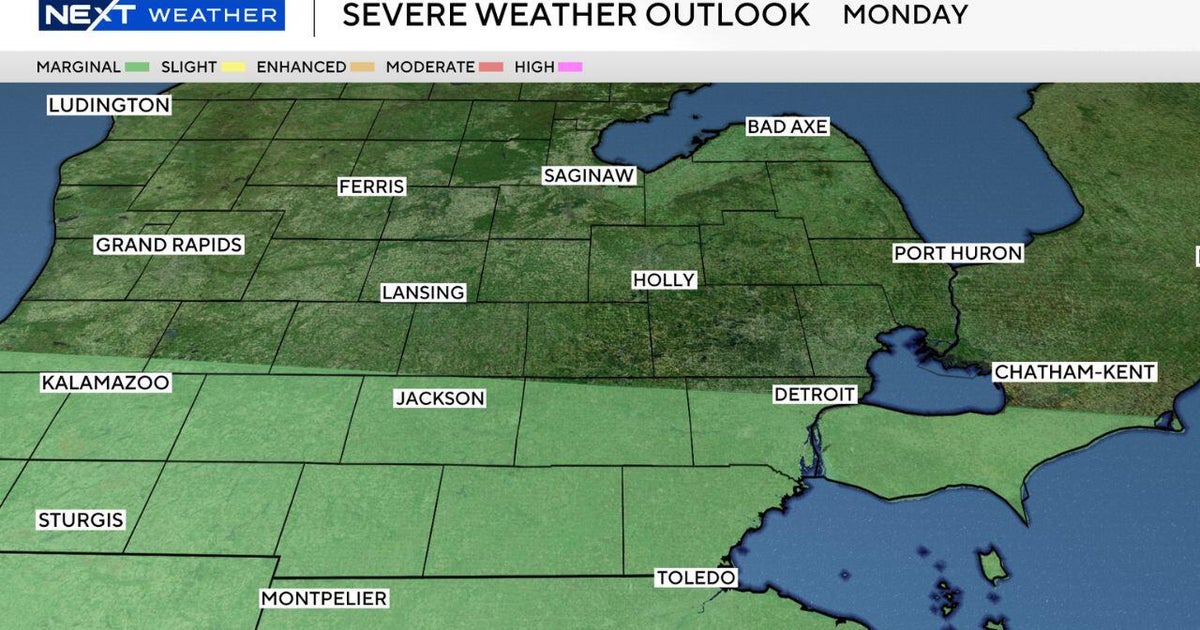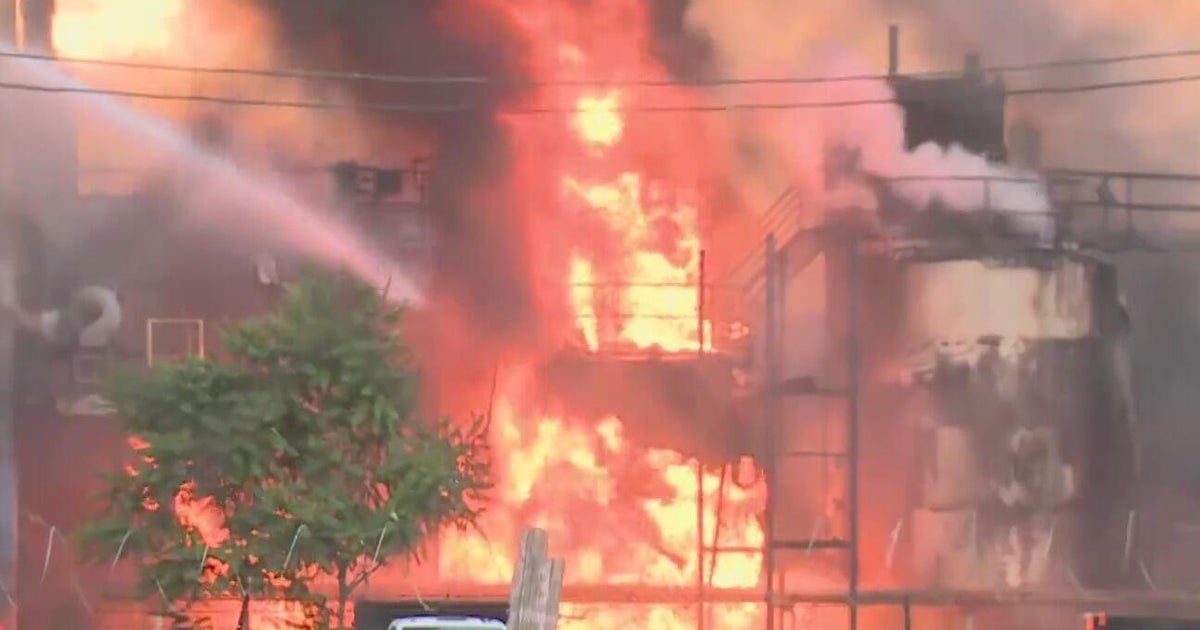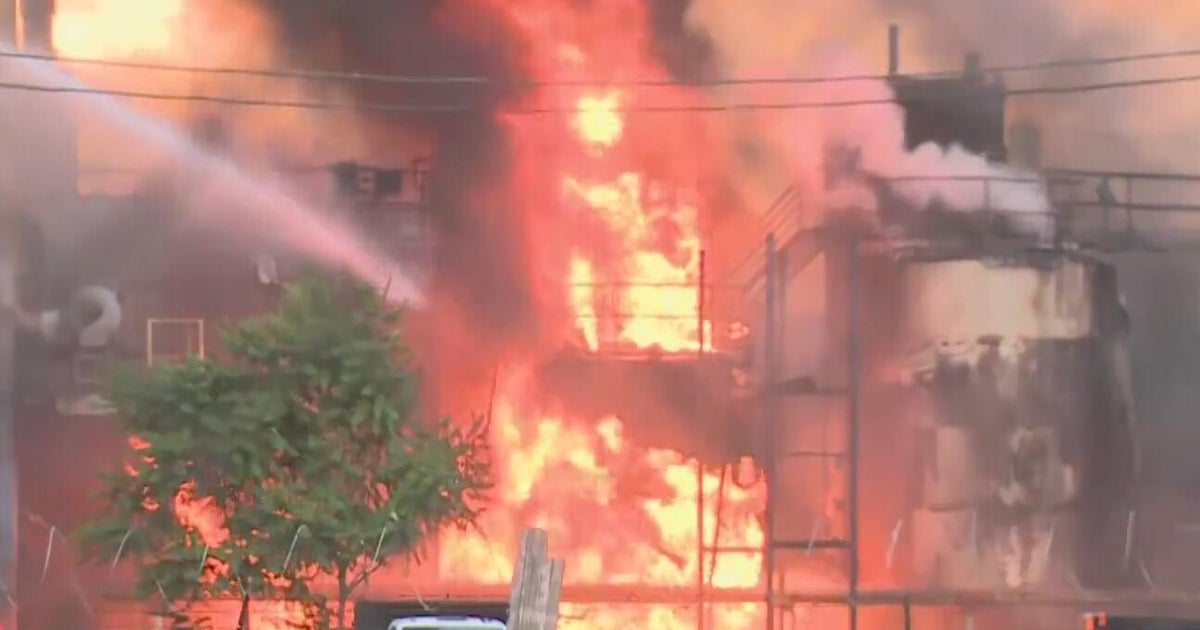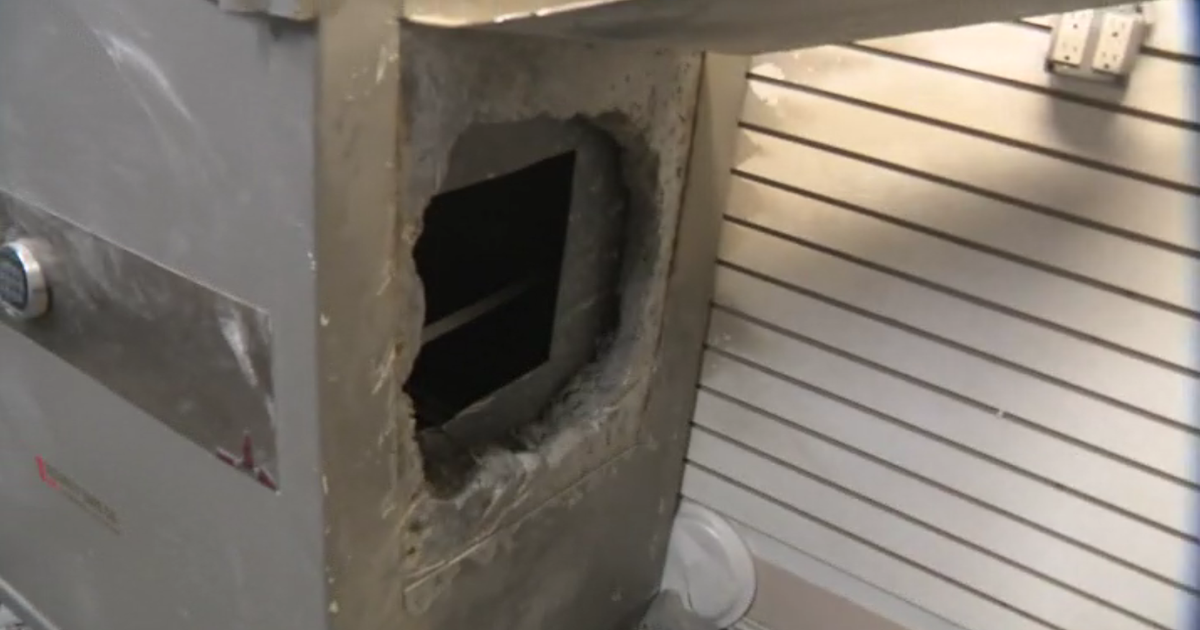IAEA chief: Iran's nuclear program could be operating again in months - Chinadaily.com.cn

Iran's nuclear program could be up and running again in a matter of months, according to the head of the International Atomic Energy Agency.
"The capacities they have are there. They can have, you know, in a matter of months, I would say, a few cascades of centrifuges spinning and producing enriched uranium, or less than that," Rafael Grossi, director general of the IAEA, said in an interview with CBS's "Face the Nation with Margaret Brennan".
"Frankly speaking, one cannot claim that everything has disappeared and there is nothing there," he told Brennan, according to a transcript released ahead of the broadcast.
Grossi's comments appear to be at odds with the claims of US President Donald Trump, who said a US attack on Iran's nuclear facilities "completely and totally obliterated" their capabilities.
The US launched strikes on three Iranian nuclear facilities on June 22 using numerous B-2 stealth aircraft carrying "bunker-buster" bombs, where they hit Iranian nuclear facilities at Fordow, Natanz and Isfahan.
The bombs are designed to penetrate deep into the ground or through heavy concrete before exploding, in order to strike facilities or bunkers protected underground.
The attack followed days of missile attacks from Israel. However, it was believed that the Israeli military did not have missiles powerful enough to penetrate the three facilities.
In a news conference after the US attack, Trump said that "the strikes were a spectacular military success."
However, the Washington Post reported that US intelligence had obtained discussions among Iranian officials who said that the military strikes on Iran's nuclear program were less devastating than they had expected.
Grossi said Iran still has industrial and technological capacities.
"It is clear that there has been severe damage, but it's not total damage," Grossi said. "So, if they so wish, they will be able to start doing this again."
When asked about allegations that Iran had moved stockpiles of enriched uranium — rumored to be as much as 400 kilograms, or about 900 pounds — Grossi said his agency had not been granted access to Iran and is not sure whether the material was in the facilities when they were bombed or had been moved beforehand.
"It's logical to presume that when they (Iran) announce that they are going to be taking protective measures, this could be part of it (moving the material). But, as I said, we don't know where this material could be, or if part of it could have been, you know, under the attack during those 12 days," Grossi told Brennan.
Grossi also told CBS News that the agency resisted pressure to say whether Iran had or was about to obtain nuclear weapons before the attack.
"We didn't see a program that was aiming in that direction (of nuclear weapons), but at the same time, they were not answering very, very important questions that were pending."
Meanwhile, Teheran has suggested it may withdraw from international oversight of its nuclear program.


